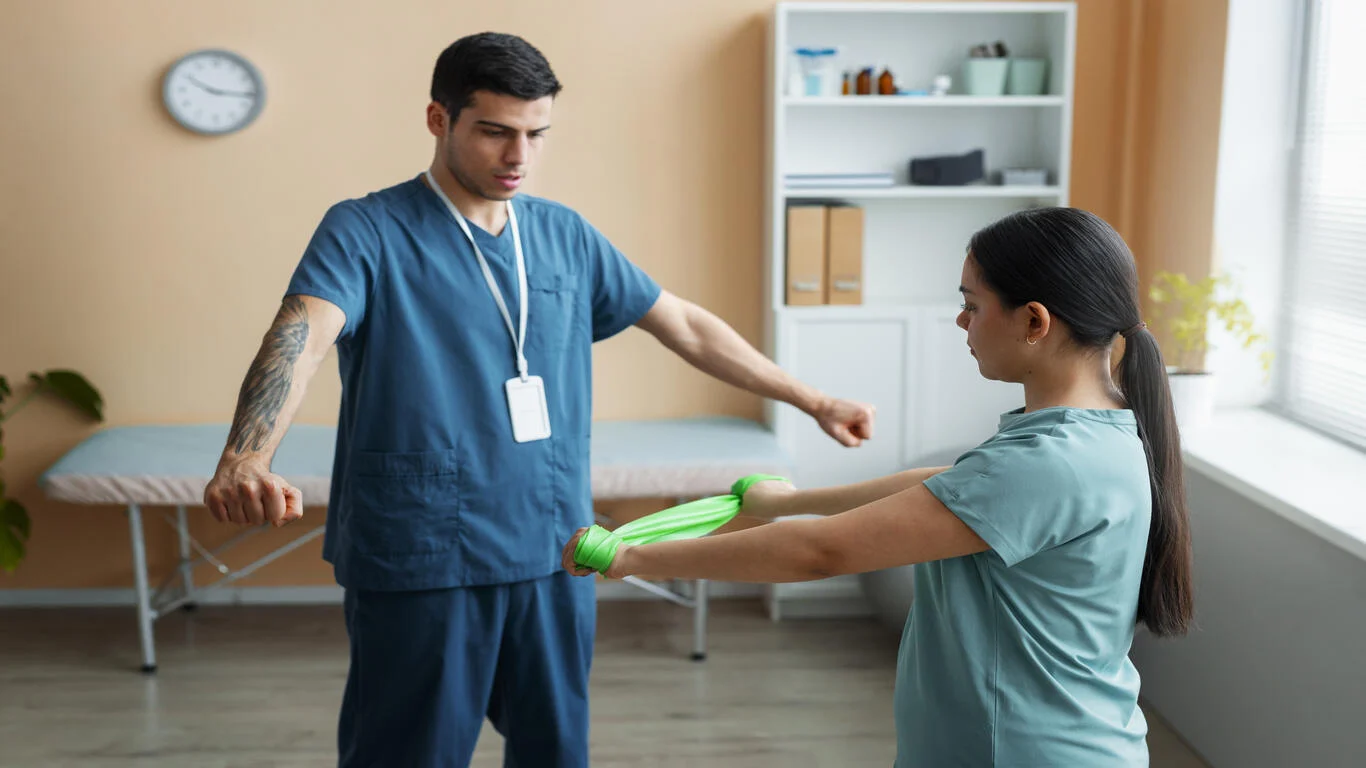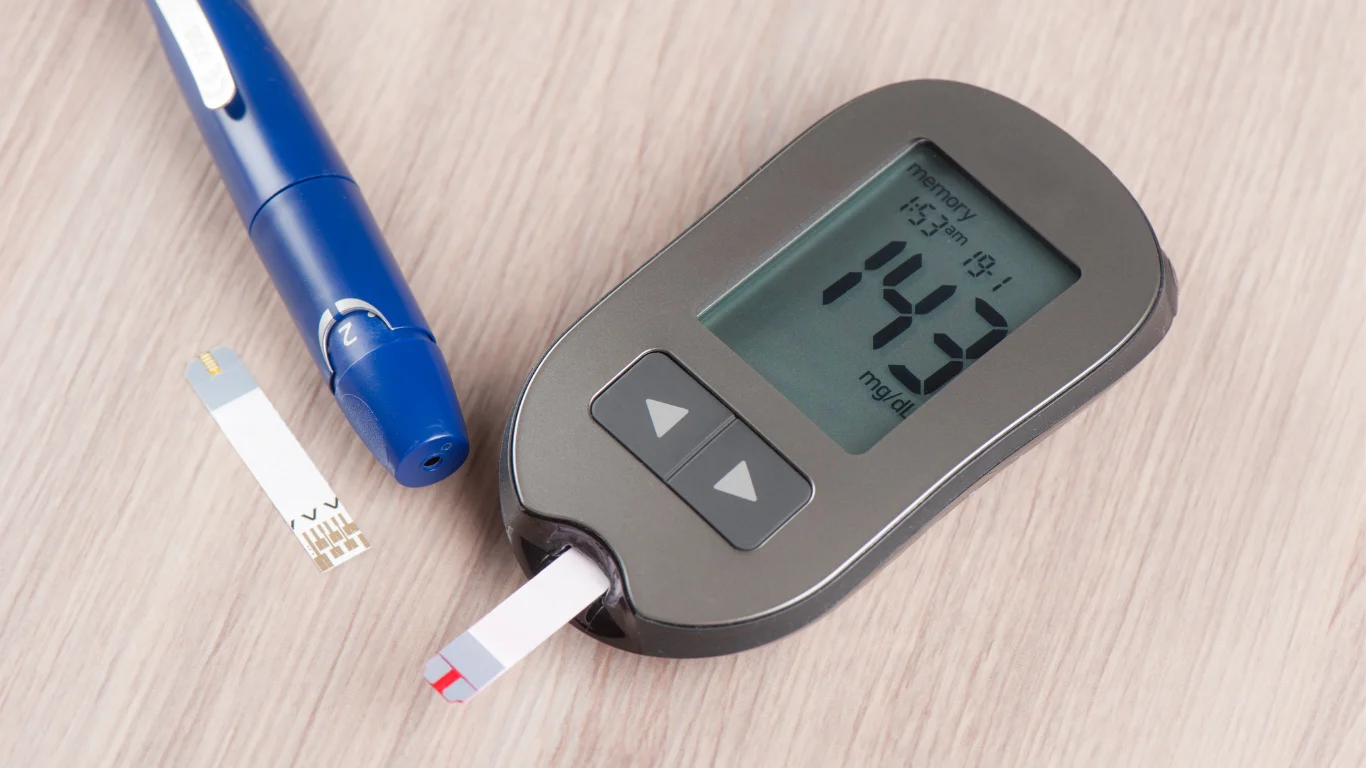Introduction
Vertigo is more than just dizziness; it’s a spinning sensation that can leave you feeling off-balance, disoriented, and even nauseous. It can interfere with simple tasks like walking or working, significantly impacting your daily life.
Understanding the causes and knowing how to manage vertigo is essential for relief. From proper diagnosis to effective treatment, addressing vertigo early can make a world of difference.
What is Vertigo?
Vertigo refers to the sensation that you or your surroundings are spinning, even when you’re still. It’s different from general dizziness, which is more like feeling faint or light-headed.
Key symptoms of vertigo include:
- A spinning or tilting sensation.
- Difficulty maintaining balance.
- Nausea and vomiting.
- Blurred vision or trouble focusing.
Types of Vertigo
There are two main types of vertigo, each with different causes:
- Peripheral Vertigo: Caused by problems in the inner ear or vestibular nerve. Common conditions include:
- Benign Paroxysmal Positional Vertigo (BPPV): Often triggered by sudden head movements.
- Meniere’s Disease: Linked to fluid buildup in the inner ear, causing hearing loss, ringing in the ears, and vertigo.
- Vestibular Neuritis and Labyrinthitis: Inner ear infections that lead to inflammation and balance issues.
- Central Vertigo: Related to neurological disorders affecting the brain, such as migraines, strokes, or tumors.
Knowing the type of vertigo you’re experiencing is crucial for determining the right treatment.
Tests and Lab Investigations for Vertigo
Diagnosing vertigo starts with a thorough evaluation, which may include physical exams, imaging tests, and lab investigations.
Key diagnostic tests include:
- Dix-Hallpike Maneuver: Identifies BPPV by observing eye movements during specific head positions.
- Head Impulse Test (HIT): Assesses how well your inner ear controls balance.
- Imaging scans, such as MRI or CT scans, can rule out neurological causes.
Lab tests help identify medical conditions that may trigger vertigo, such as:
- Abnormal blood sugar levels.
- Thyroid dysfunction.
- Low hemoglobin levels (anemia).
At Best DOC, we offer convenient Lab Tests at Home so you can complete these essential diagnostics without leaving the comfort of your home.
Causes of Vertigo
The root cause of vertigo varies from person to person, but common triggers include:
- Inner Ear Disorders: Conditions like BPPV or infections disrupt the balance mechanisms in your ear.
- Neurological Conditions: Strokes, multiple sclerosis, or migraines can affect your brain’s ability to interpret balance signals.
- Injuries or Head Trauma: These can impair inner ear function.
- Other Medical Conditions: Low blood pressure, dehydration, and certain medications can also lead to vertigo episodes.
For more information on BPPV, check out this helpful resource from Johns Hopkins Medicine.
Treatment and Management of Vertigo
Managing vertigo often involves a combination of medications, exercises, and lifestyle changes:
- Medications:
- Anti-nausea medications and antihistamines can help control symptoms.
- Diuretics may be prescribed for Meniere’s disease to reduce fluid buildup.
- Vestibular Rehabilitation:
- Exercises like the Epley Maneuver can help reposition small crystals in the inner ear, providing relief from BPPV. Read more about these exercises on Healthline.
- Lifestyle Changes:
- Stay hydrated and avoid sudden head movements.
- Limit caffeine, alcohol, and smoking, which can worsen symptoms.
- Physiotherapy at Home:
- Guided vestibular exercises improve balance and reduce symptoms. Best DOC’s Physiotherapy at Home service brings professional support to help you manage vertigo effectively.
For severe cases, surgical options may be considered, but these are rare.
How Best DOC Can Help
At Best DOC, we understand how debilitating vertigo can be. That’s why we bring expert healthcare services to your doorstep:
- Doctor at Home: Our on-call doctors quickly assess your condition and provide a personalized treatment plan. Explore our Doctor on Call services for more details.
- Lab Tests at Home: We simplify the process of diagnosing underlying causes with reliable lab testing at your convenience.
- Physiotherapy at Home: Our specialists provide balance training and vestibular exercises, helping you regain control and confidence.
With a 30-minute response time in Dubai, we ensure prompt and professional care when you need it most.
Conclusion
Living with vertigo can be challenging, but early diagnosis and effective management can help restore balance—both physically and in life. Whether caused by inner ear disorders, neurological conditions, or other triggers, understanding the cause is the first step to relief.
At Best DOC, we offer a complete range of healthcare services, from lab tests and physiotherapy to expert consultations—all in the comfort of your home. Let us help you take control of your vertigo and improve your quality of life.
Don’t wait to feel better. Contact Best DOC today and let us bring expert care to your doorstep.











